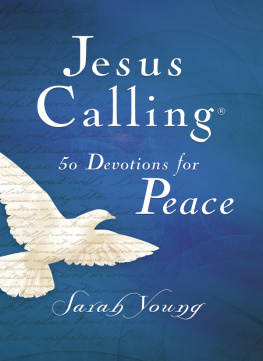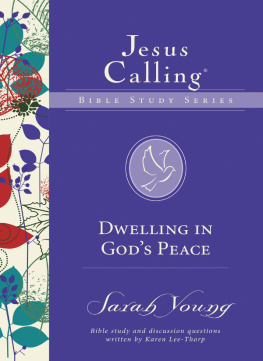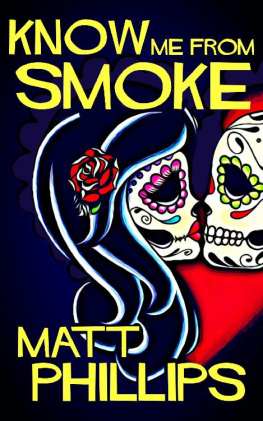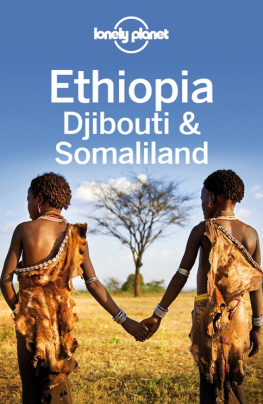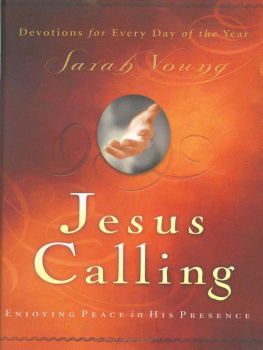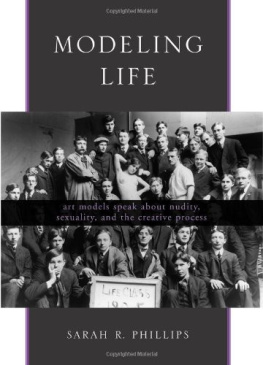Sarah G Phillips - When There Was No Aid: War and Peace in Somaliland
Here you can read online Sarah G Phillips - When There Was No Aid: War and Peace in Somaliland full text of the book (entire story) in english for free. Download pdf and epub, get meaning, cover and reviews about this ebook. year: 2020, publisher: Cornell University Press, genre: Politics. Description of the work, (preface) as well as reviews are available. Best literature library LitArk.com created for fans of good reading and offers a wide selection of genres:
Romance novel
Science fiction
Adventure
Detective
Science
History
Home and family
Prose
Art
Politics
Computer
Non-fiction
Religion
Business
Children
Humor
Choose a favorite category and find really read worthwhile books. Enjoy immersion in the world of imagination, feel the emotions of the characters or learn something new for yourself, make an fascinating discovery.

- Book:When There Was No Aid: War and Peace in Somaliland
- Author:
- Publisher:Cornell University Press
- Genre:
- Year:2020
- Rating:3 / 5
- Favourites:Add to favourites
- Your mark:
- 60
- 1
- 2
- 3
- 4
- 5
When There Was No Aid: War and Peace in Somaliland: summary, description and annotation
We offer to read an annotation, description, summary or preface (depends on what the author of the book "When There Was No Aid: War and Peace in Somaliland" wrote himself). If you haven't found the necessary information about the book — write in the comments, we will try to find it.
When There Was No Aid: War and Peace in Somaliland — read online for free the complete book (whole text) full work
Below is the text of the book, divided by pages. System saving the place of the last page read, allows you to conveniently read the book "When There Was No Aid: War and Peace in Somaliland" online for free, without having to search again every time where you left off. Put a bookmark, and you can go to the page where you finished reading at any time.
Font size:
Interval:
Bookmark:


- June 1960British Somaliland becomes independent and is recognized by thirty-four United Nations member states as an independent state (the State of Somaliland) for a period of five days before voluntarily unifying with the Republic of Somalia.
- June 1961Referendum on the unitary constitution of Somalia is widely boycotted in the north of the country.
- October 1969General Siyad Barre overthrows the civilian government of Mohamed Haji Ibrahim Egal (who later becomes Somalilands second president).
- 1974Devastating drought and famine, centered in the north of Somalia.
- 19771978SomaliEthiopian (Ogaden) war, culminating in Somalias defeat.
- April 1981The Somali National Movement (SNM) is officially established in London.
- June 1981The SNM publishes its first edition of the opposition paper, Somalia Uncensored.
- February 1982Student demonstrations over the trial of members of the Hargeysa-based self-help group, Uffo. Several were killed and hundreds arrested. The regime crackdown is popularly remembered within Somaliland as being the origin of the Somali civil war. President Siyad Barre announces state of emergency in the northwest.
- 1988Peace treaty signed between Somalia and Ethiopia. President Barres oppression of the northwest peaks when he launches a devastating bombing campaign on urban centers in Somaliland, particularly the cities of Hargeysa and Borco. An estimated 50,000 people are killed in these attacks and the SNM insurgency is galvanized against the regime.
- January 1991Siyad Barres regime overthrown; Barre goes into exile.
- February 1991The SNM leadership engages the clan elders in the northwest of Somalia to negotiate a ceasefire with the other northern militias and establish consent for the political leadership of the SNM in the region.
- AprilMay 1991Grand Conference of Northern Clans held in Borco (Somaliland).
- May 1991Somaliland proclaims its independence from Somalia at the Borco conference. SNM chairman, Abdirahman Ali Tuur is nominated as the first president of the Republic of Somaliland.
- June 1991Creation of the (small) United Nations Operation in Somalia I (UNOSOM I), which consisted primarily of a food airlift and a tiny UN peacekeeping mission.
- 1992Berbera (Somaliland) Port and Borco conflict. Fighting breaks out in Berbera and Borco between Habar Yunis (Garhajis) and Habar Awal/Issa Musa militias after President Tuur attempts to organize a national military force to disarm militias. A violent power struggle ensues over control of public infrastructure and revenue at Berbera Port.
- October 1992The Sheekh Clan Conference (Somaliland) ends the conflict in Berbera and sets general principles for a forthcoming peace conference to be held in Boorama. The conference also established a frameworkexpanded at Booramathrough which the clan leaders would participate in key governance issues in a more formalized manner.
Font size:
Interval:
Bookmark:
Similar books «When There Was No Aid: War and Peace in Somaliland»
Look at similar books to When There Was No Aid: War and Peace in Somaliland. We have selected literature similar in name and meaning in the hope of providing readers with more options to find new, interesting, not yet read works.
Discussion, reviews of the book When There Was No Aid: War and Peace in Somaliland and just readers' own opinions. Leave your comments, write what you think about the work, its meaning or the main characters. Specify what exactly you liked and what you didn't like, and why you think so.


